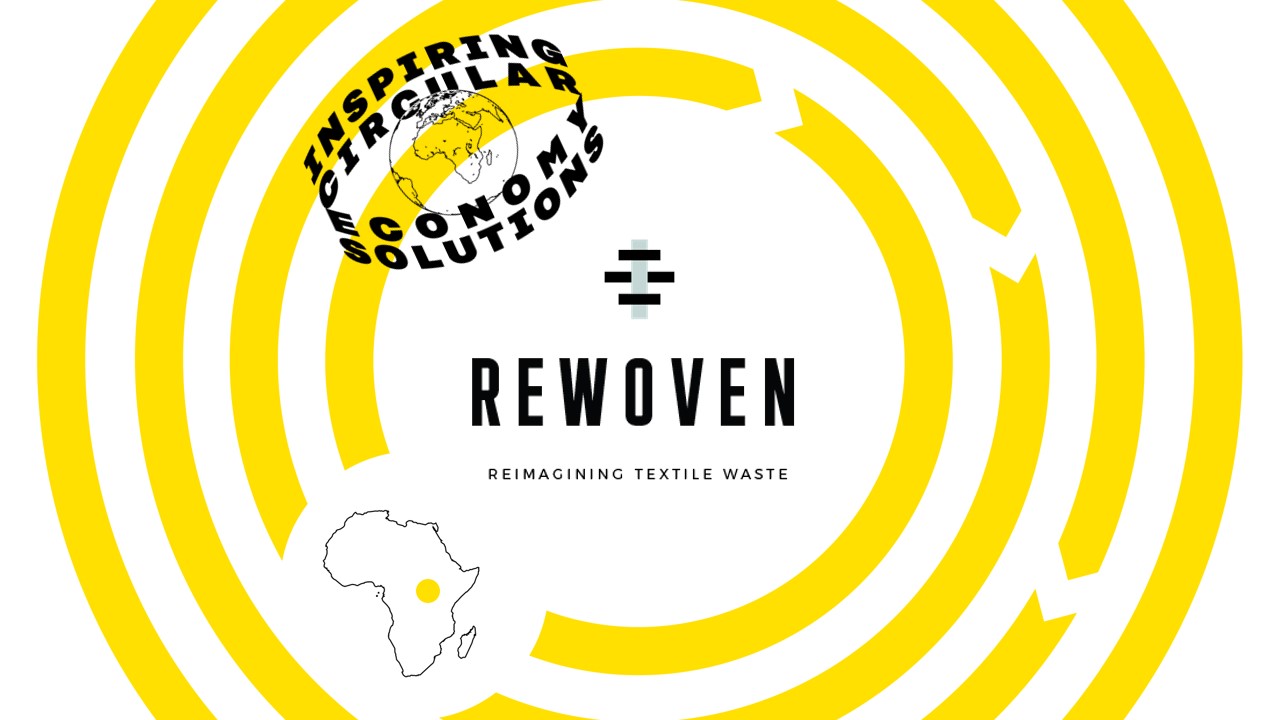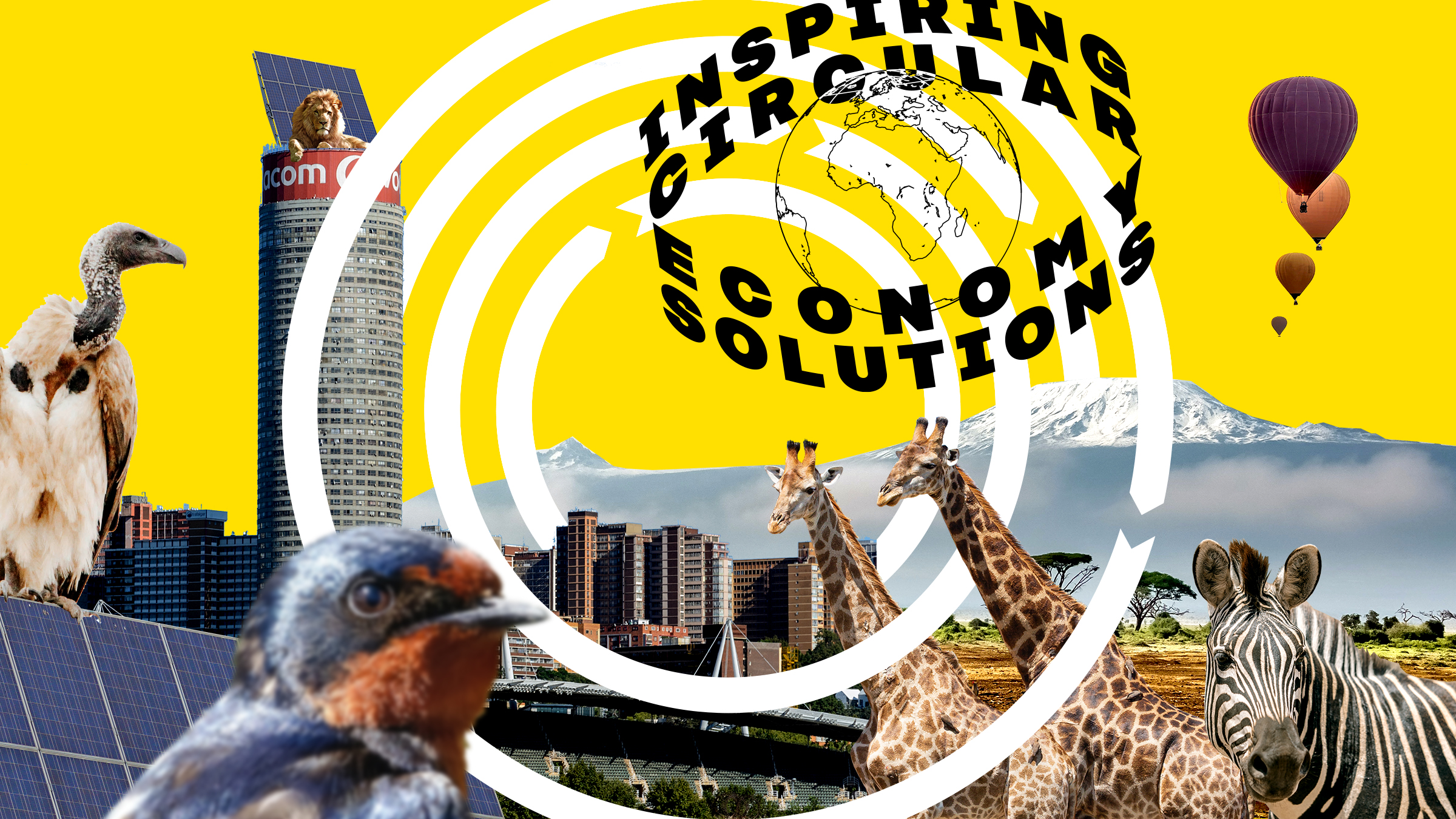The fashion and textile industry is labour intensive and provides many jobs, but it is also extremely bad for the environment. Rewoven, based in Cape Town, South Africa, wants to solve a tough challenge: could the textile industry still employ many people if you made it extremely good for the environment?
Problem
Over one in three people in South Africa are unemployed, and it is particularly bad for young people: the youth unemployment rate is 64 per cent. The textile industry is a major employer and could even employ more, but the fashion sector is notoriously bad for the environment. Textile production is responsible for about 20 per cent of water pollution, 35 per cent of primary microplastics released into the environment and 10 per cent of global greenhouse gas emissions.
Additionally, South Africa only has one textile recycling facility, so most old clothes simply end up in landfills. While South Africa has large-scale paper and plastics recycling, the infrastructure for textile recycling is much less developed.
This is the linear economy dilemma: improving economic growth and creating jobs without hurting the environment.
Solution
Rewoven collects textile waste and handles and sorts the material to be sold to processors. The old clothes are broken down into fibres to be reused in goods such as pet beds, jerseys, insulation, disaster relief blankets and filling for pillows.
They have forged partnerships with diverse groups, including the Embassy of Sweden, a South African NGO and a major clothing retailer.
Business potential
Textile waste recycling is only a minor industry in South Africa, despite the fact it is one of the continent’s major textile producers, so there is ample opportunity for growth. Currently Rewoven offers textile waste recycling as a service as well as recycled and leftover fabric as products.
Textile manufacturers are Rewoven’s main customers. As landfill fees are increasing for them, recycling is now more economical. Additionally, Rewoven provides their customers with detailed waste monitoring reports which they can use in their own sustainability reporting.
Social and environmental impact
Rewoven started with the idea of providing decent work and sustainable growth. Led by a young female CEO, they employ seven people directly and provide income for informal workers in textile waste collection. Additionally, the Rewoven team has founded an NGO to increase knowledge about circularity in the textile industry.
Since 2020, Rewoven has saved 460 tonnes of textile waste from the landfill, helping it gain a new life as useful materials. This reuse of textiles has saved the water, energy and land which would have been used for the production of virgin materials.
Future
South Africa lacks a fully developed textile recycling industry, which causes challenges for Rewoven to find skilled staff, build facilities and run operations. To overcome this regional lack the company travelled to Turkey to develop their products and samples, and then travelled to India to run commercial pilot projects.
Currently the company sells the material to processors and manufacturers, but in the future, they hope to create the recycled fabric themselves. Currently South Africa doesn’t have the facilities to create 100 per cent recycled products, which they hope to change.
Want to learn more about circular economy solutions in Africa? This year’s World Circular Economy Forum will take place in Rwanda on 6–8 December. Check out the programme and register for online participation.


Inspired?
Check out all solutions.